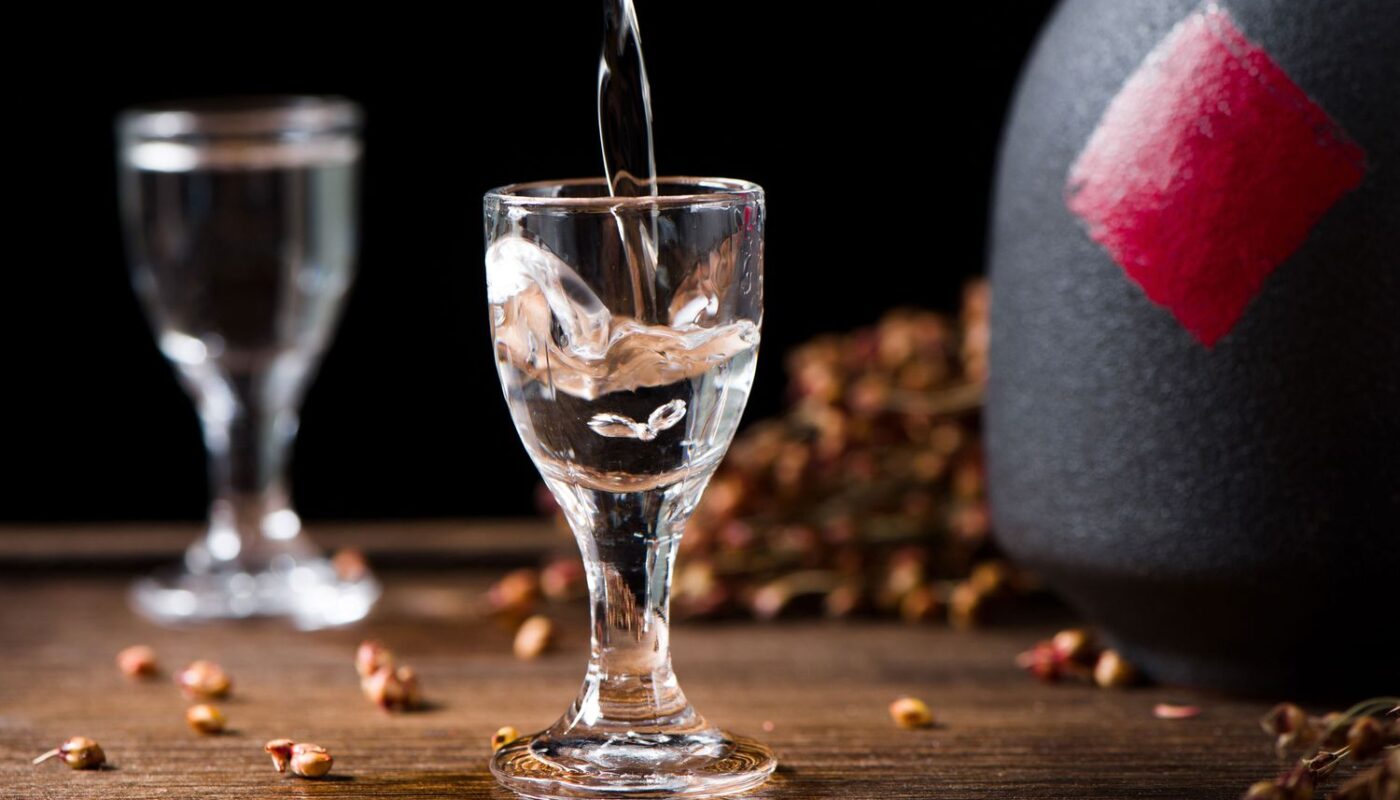Baijiu is a white liquor native to China that is traditionally distilled from sorghum, though other grains such as wheat and rice are also commonly used. Baijiu has a strong aroma and high alcohol content ranging from 40% to 60% ABV. The various styles of baijiu have become ingrained in Chinese culinary culture and are widely consumed during social gatherings and meals. The consumption of baijiu surpasses that of beer and other liquors in China due to its cultural association. It is an integral part of business dealings and celebrations such as weddings and festivals.
The global Baijiu Market is estimated to be valued at US$ 116.31 billion in 2024 and is expected to exhibit a CAGR of 11% over the forecast period 2024 to 2031, as highlighted in a new report published by Coherent Market Insights.
Market key trends
Premiumization is one of the key trends witnessed in the baijiu market over recent years. Leading baijiu producers are launching premium brands targeted at younger consumers in large cities who are willing to pay higher prices for high-quality baijiu. These premium brands emphasize artisanal production methods and aging in addition to tastes catering to evolving consumer preferences away from strong aroma and flavor profiles. There is also a growing focus on new flavors within the premium category in order to appeal to new customers. Export of Chinese baijiu abroad is another significant trend as producers seek to leverage the increasing global interest in Chinese cuisine and culture. While domestic consumption will remain dominant, exports are expected to contribute to higher revenues for baijiu companies in the near future.
Porter’s Analysis
Threat of new entrants: The threat is moderate as the regulations for manufacturing and distribution are stringent. However, certain local specialty brands face low threat.
Bargaining power of buyers: The power is moderate as buyers can choose from various domestic and imported substitutes like wine and whiskey. However, brand loyalty and cultural significance of baijiu keep the power in check.
Bargaining power of suppliers: The bargaining power of suppliers like grain producers is low due to fragmented supply base and lack of substitutes for main ingredients like sorghum.
Threat of new substitutes: The threat is low as baijiu has strong cultural identity and occasion-based consumption in China. Functional substitutes are yet to gain mass appeal.
Competitive rivalry: The rivalry is intense among major players to increase market share. Companies compete based on brand, taste, quality, distribution and pricing.
Key Takeaways
The global Baijiu Market Size is expected to witness high growth over the forecast period. The global Baijiu Market is estimated to be valued at US$ 116.31 billion in 2024 and is expected to exhibit a CAGR of 11% over the forecast period 2024 to 2031.
The market in China dominates with over 80% share due to long tradition and cultural significance. Growth comes from younger demographic experimenting with specialty brands and rising incomes. The Asia Pacific region accounts for the largest share led by China. Growing prosperity and adaptation of Chinese culture and drinks boosts other Asian markets like Japan and South Korea. The markets in North America and Europe are niche but offer scope due to improving accessibility and rise of Chinese diaspora and travellers.
Key players: Key players operating in the baijiu market are GE Renewable Energy, Siemens Gamesa Renewable Energy, Vestas Wind Systems A/S, DNV GL, SGS SA, Mistras Group, Inc., UL LLC (Underwriters Laboratories), Intertek Group plc, SkySpecs. Kweichow Moutai is the global market leader followed by Wuliangye and Luzhou Laojiao. These companies expand internationally through branding, partnerships and improving product quality to attract new-age consumers.
*Note:
1. Source: Coherent Market Insights, Public sources, Desk research
2. We have leveraged AI tools to mine information and compile it



